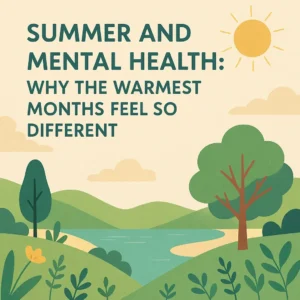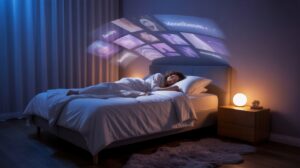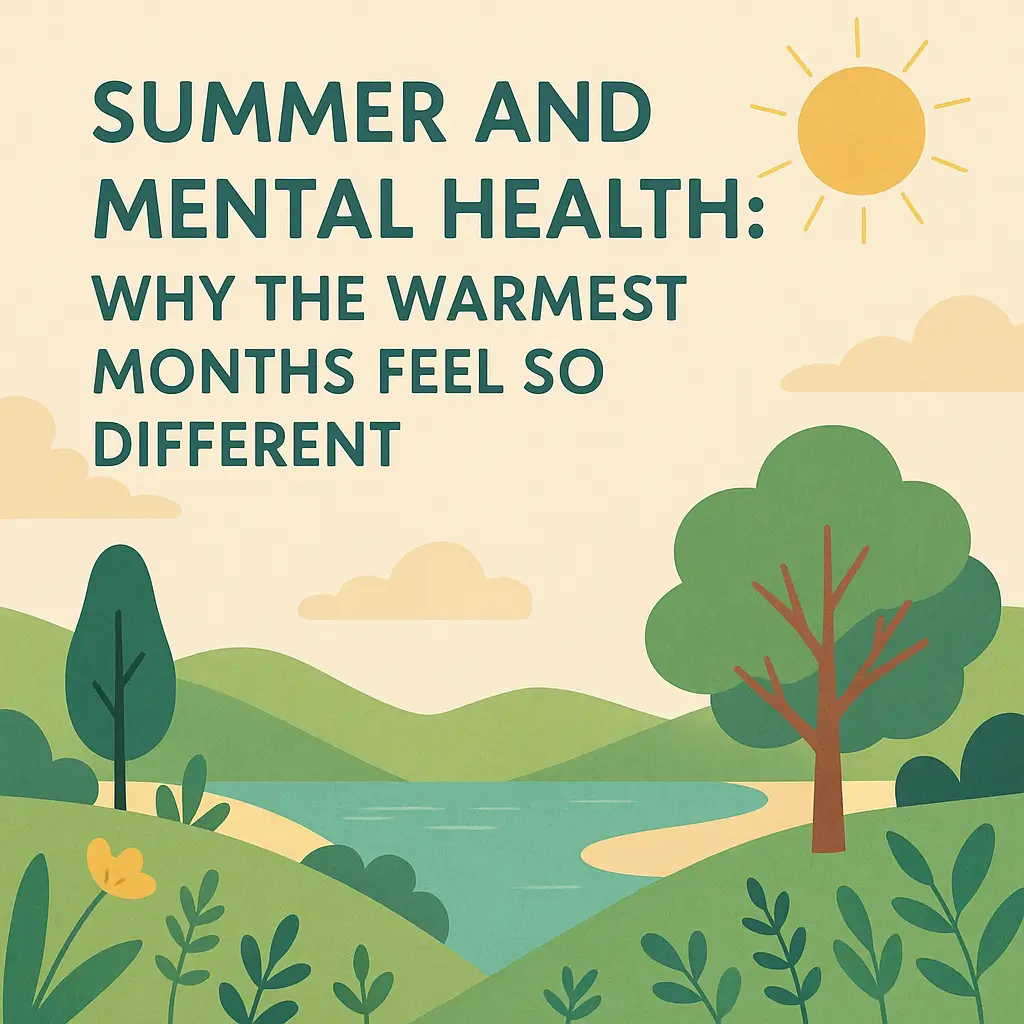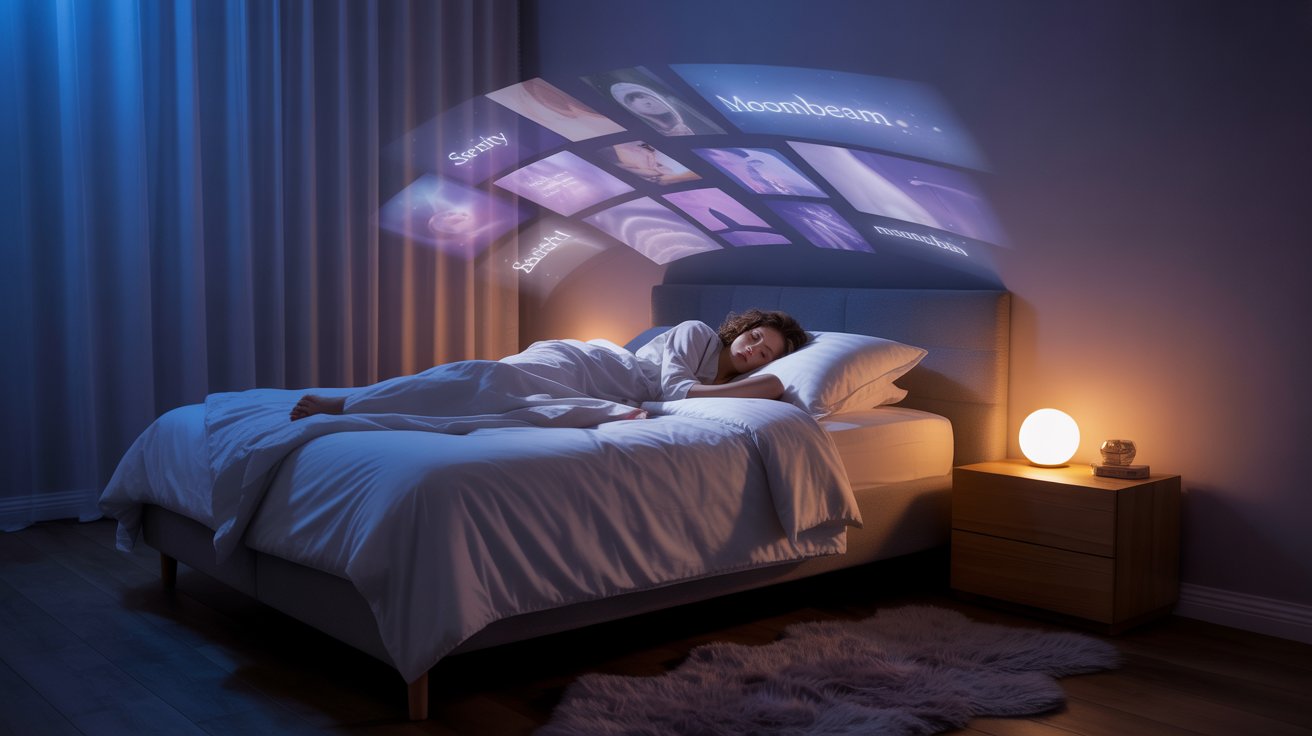Sleep and depression are closely linked. Sleeping problems are common in someone with depressive symptoms or someone who has had depression. Conversely, the risk of depression is greater if you sleep poorly. In short, depression causes sleeping problems, and sleeping problems can cause depression.
Sleep deprivation and depression
Most people need 7 to 9 hours of sleep per night. Some people need less sleep, while others need a little more. But if you have depressive symptoms, you may sleep very little for an extended period, for example, because you worry a lot when you lie in bed. It is also possible that you can no longer concentrate efficiently on your work or at school. Conversely, sleeping problems such as too little sleep can lead to depressive symptoms.
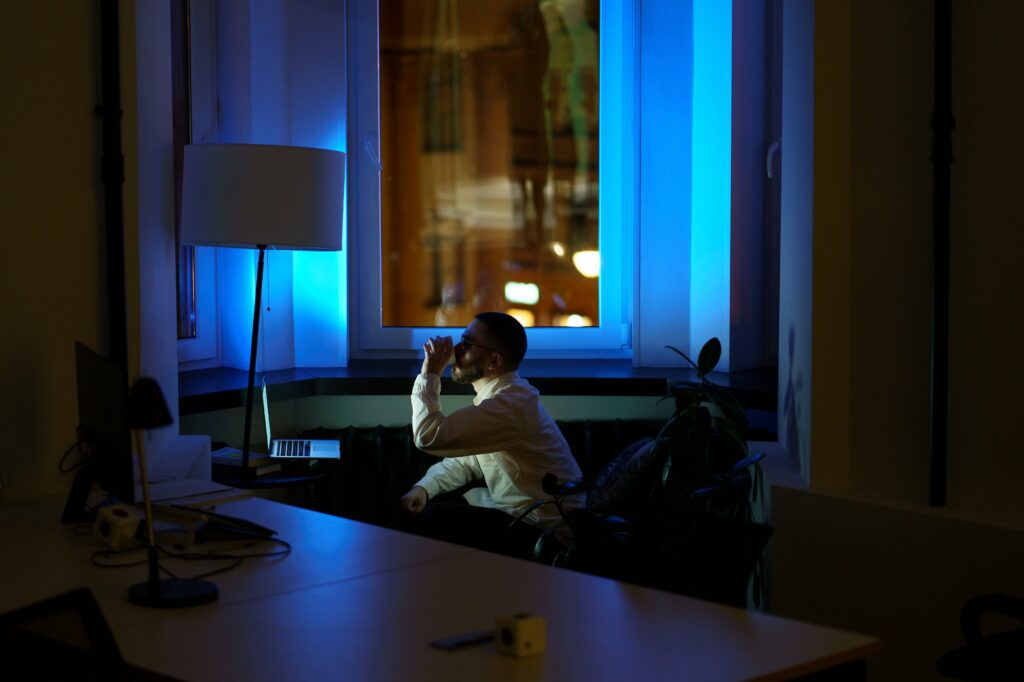
Sleeping too much with depression
Contrasting not getting enough sleep, someone with depression can also sleep too much. For example, you don’t want to get out of bed or are lethargic and tired. Sleeping too long or too much can also make your depression last longer. While you may think sleeping a lot when you’re tired will help, it often backfires. Inactivity can also make you feel even more gloomy.
Sleep apnea and depression
Sleep apnea is when breathing becomes slow or even stops during sleep. You wake up to start breathing again. As a result, you have a disturbed sleep pattern and are often sleepy during the day. Due to this extreme fatigue, you can develop depressive symptoms. Depression or burnout occurs in about 1 in 3 people with sleep apnea.
Help with depression and sleeping problems
Cognitive behavioural therapy for insomnia (CBT-i) is effective in people with long-term insomnia and depression. The treatment improves not only insomnia but also mood complaints. CBT-i consists of psychoeducation about sleep and the biological clock, journalling, relaxation exercises, challenging irrational thoughts about sleep (e.g. ‘I MUST sleep eight hours or I will go crazy’), stimulus control and sleep restriction. Stimulus control means that the bed is only used for sleeping and that someone who cannot sleep temporarily gets out of bed. Sleep restriction means that the number of hours in bed per night is temporarily limited so that the rhythm is restored. The pressure to sleep is also built up, so the client has positive experiences with sleeping again.




